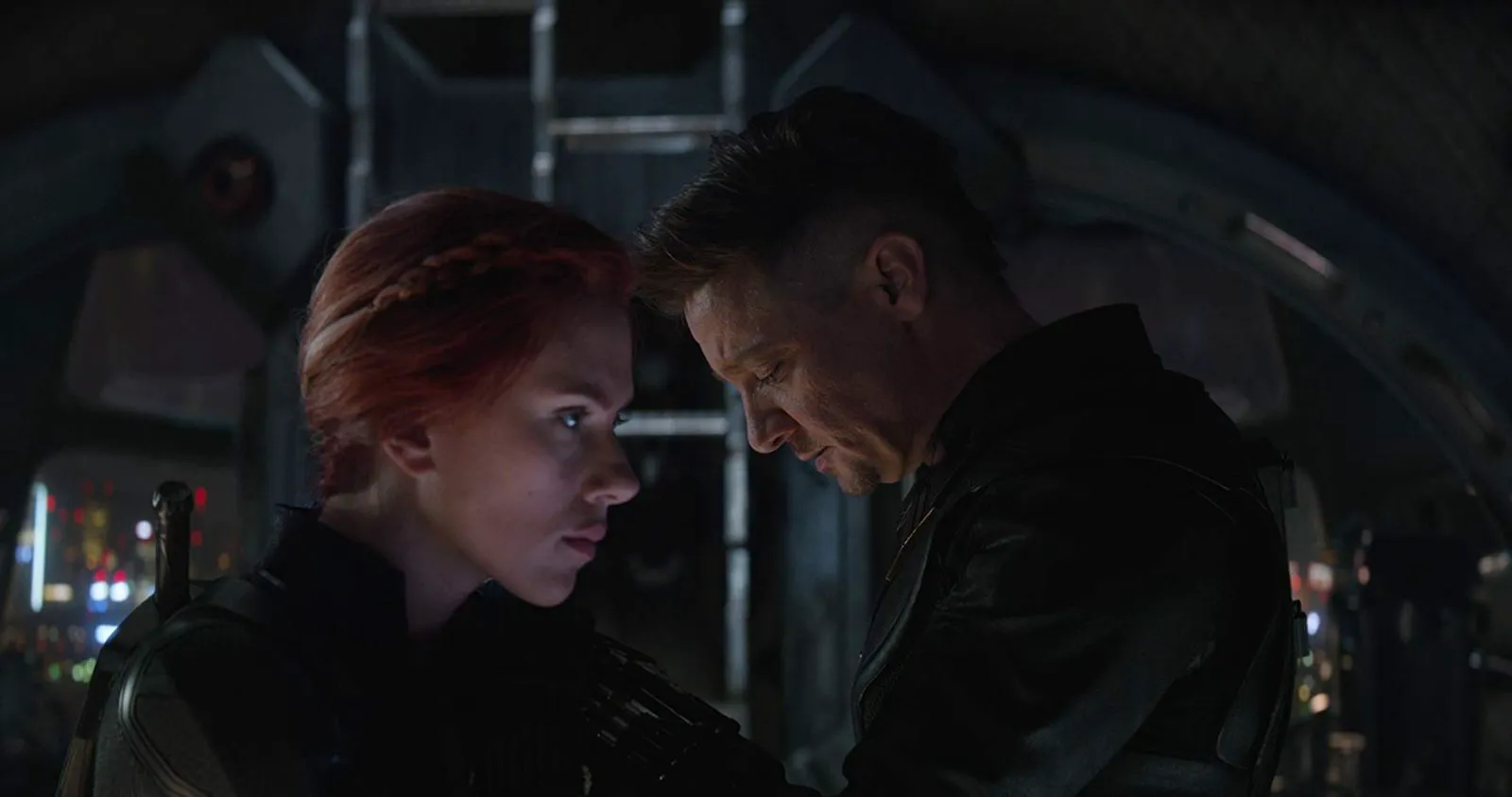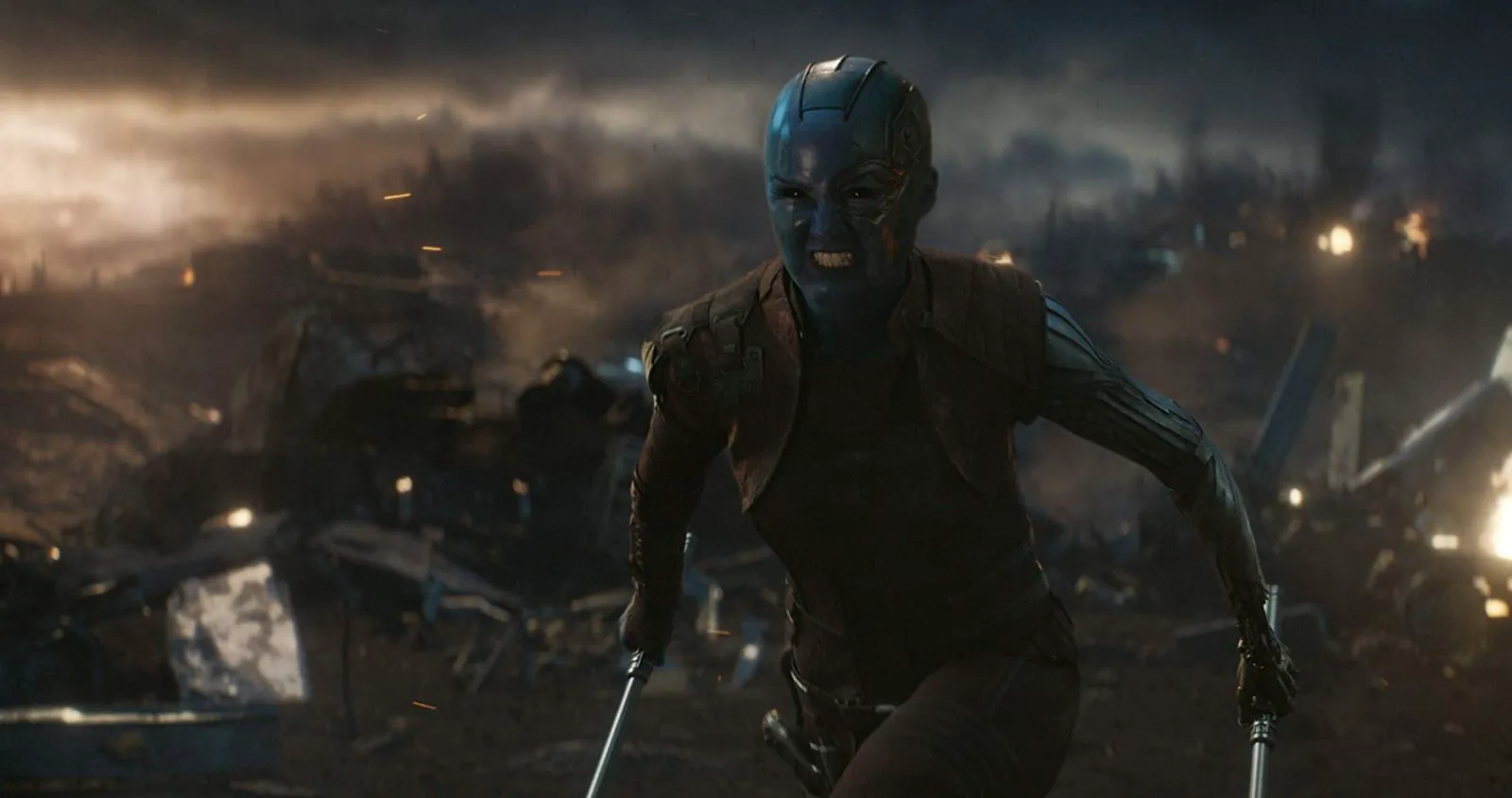Avengers: Endgame – A Spoiler-Free Review of the Epic Conclusion
Without spoilers, we tell you what the epoch-making conclusion of a story that lasted eleven long years turned out to be.
After Thanos’ snap at the end of “Infinity War,” half of all life in the Universe turned to dust. Some try to come to terms with the loss, others go crazy after losing loved ones. And the remaining Avengers, the cosmic raccoon Rocket, and Captain Marvel, who arrived in response to the pager call, are trying to find a way to fix everything. But to do this, they need to find Thanos and take the Stones from him — at any cost.

The new “Avengers” found themselves in a position that even the loudest and most anticipated blockbusters of the last, I don’t know, century wouldn’t dream of in a nightmare (only the seventh “Star Wars” comes to mind, but the situation there is simpler). Along with the enormous respect for the film for its very existence — not everyone believed in the ability of Feige and the team to put a point (or at least a large comma) in their grandiose plan — comes an even more impressive burden of responsibility. A minefield of theories and plots that, in the viewer’s imagination, could easily be more interesting than what they will eventually see: fan fantasy had a whole year to run wild and build the most insane expectations.

All of Marvel’s past experience here works as a musical resonator — amplifying any hit of “Endgame,” but also making every wrong note louder and more painful. The film can easily be imagined as the ultimate collection of all the advantages and disadvantages of the cinematic universe, which together accumulate into a three-hour epic. From the first — the usual drive and entertaining play with characters, a one-dimensional but effective exhibition of national achievements, where each “cool” hero looks even cooler, but each boring one tries even more to suck all the joy out of the screen space. From the second — too obvious social commentary (there is, for example, an ugly shot where all the superheroines line up to show that they are here, yes, present) and disappointingly little attention to action expressiveness. For a blockbuster of unprecedented scale, “Endgame” doesn’t look exactly cheap, but not particularly impressive either: Disney has generally started saving a lot on CGI and spectacular directors.

After “Infinity War,” which found a fresh intonation within the MCU, “Endgame” may seem even a little regressive — it doesn’t try to show anything new or too unexpected. But that’s how good finales of good series should work (which, undoubtedly, the Marvel cinematic universe is): generalize and summarize, not complicate, but simplify an already overloaded narrative with events and heroes. That’s why it was so important to find directors like the Russo brothers — thorough craftsmen capable of unraveling the gigantic ambitions of the mega-plot with a warm heart and a cold head.

They measure out conflicts and manipulate the variables with mathematical precision (and through them, the viewers), deriving a fairly coherent “solution” from the overloaded “given.” None of the heroes, to whom only the most cynical viewers have not had time to become attached in 11 years, will be deprived of attention here, all the necessary features and results will be summed up: from each, as they say, according to their abilities, to each — according to catharsis. It’s a shame only for Thanos, who didn’t find a place at this celebration of life at all — the colorful antagonist from “Infinity War” with at least some of his philosophy (albeit a stupid one) became a typical one-day villain with absurd destructive plans, whose vitality was limited to that very reference to “Gladiator” from the trailers.

But everyone forgotten here will definitely be remembered, all the old sores will be opened one last time: “Endgame” passes through a kind of hall of fame, quotes entire scenes, and shamelessly engages in outright fan service. However, it does this mostly skillfully and moderately witty (although there is one hysterically funny gag). And it would be strange to scold it for too strong a craving for nostalgia — Marvel has earned a little self-admiration, and fans are only happy about it. The rest, in general, is not so important — the goals are not those in front of the film to seriously criticize it for the lack of originality.
Despite the clear preponderance of the super-task over the story itself, “Endgame” is surprisingly structurally sound. Although, with the exception of details, the ending is more or less clear to everyone (especially with the knowledge of what sequels have already been launched into production), the living suspense does not go away — fortunately, the script beats are arranged with the same academic flair. In the best moments, the film makes you forget how important it is in larger contexts, how epoch-making, huge, and incredible it is, frees itself from all emotional superstructures, and allows you to experience the story with almost childlike spontaneity. And with the same childish questions in your head: not “How will they end the story, leaving room for sequels?”, but the naive “How will the heroes cope with this and how will they manage to save the world if everyone around is evil and everything is against them?”. For a film of such scale and such information redundancy, this is, perhaps, the main achievement.